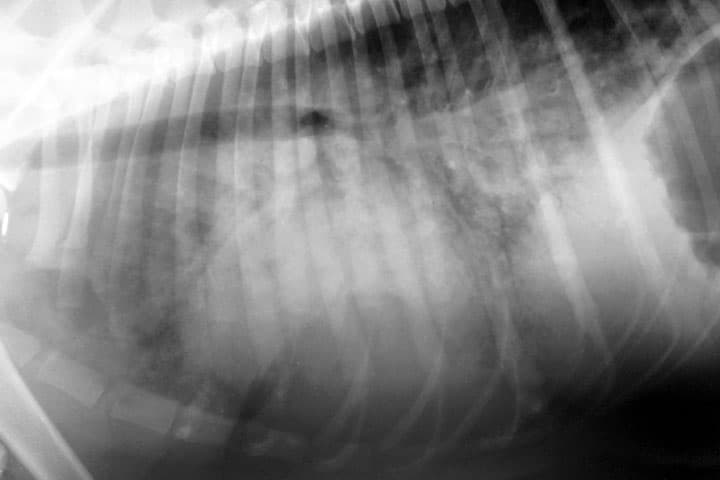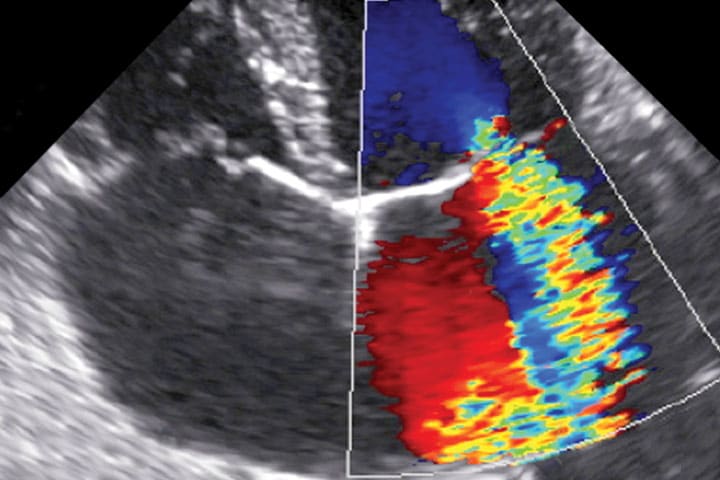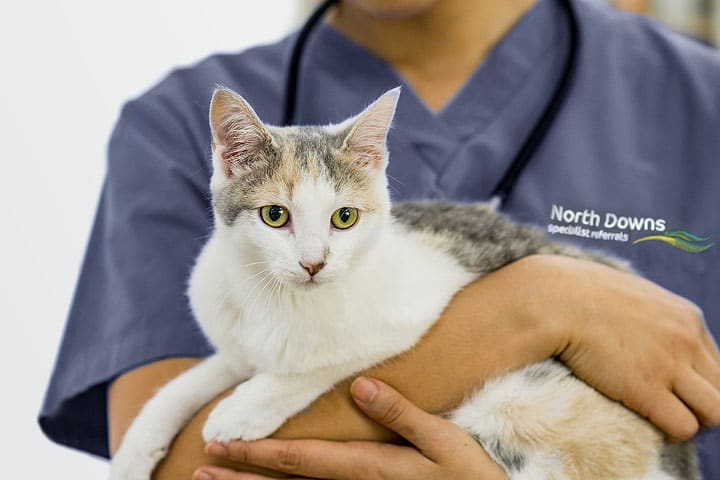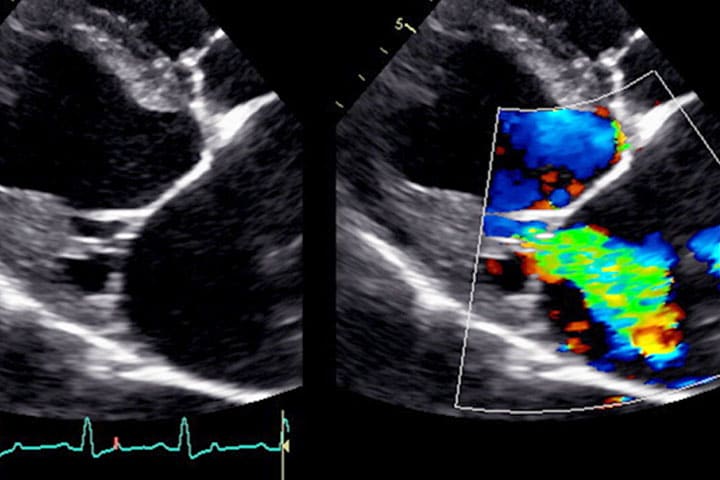A simple guide to managing your patients with myxomatous mitral valve disease
Hepatojugular Reflux ‘A Must Do in the Investigation of Ascites’
Ascites is the abnormal accumulation of fluid in the peritoneal cavity. There are multiple causes for this condition and investigation of such cases is therefore complex. Fluid can accumulate in the peritoneal cavity as a result of haemorrhage, infection/inflammation or progressive extravasation from the vascular space. The latter can be due to increased hydrostatic pressure,…
Read MoreThe Re-Birth of the Relevance of Murmur Intensity
A heart murmur is an abnormal heart sound that indicates a degree of turbulence to the usually laminar blood flow in the heart. It can be physiological in athletic animals, due to congenital cardiac conditions in young patients or caused by non-cardiac condition affecting the way blood flows (anaemia, fever, high cardiac output states, etc)…
Read MoreUnconsciousness: The Cardiologists Point of View: Is It the Head or the Heart?
Is it neurological? Is it cardiac? The causes of collapse are many and varied. Collapse is a broad generic term, defined as a sudden loss of postural tone, but not necessarily with a loss of consciousness and may be of any duration. It is of paramount importance to differentiate syncope from non-syncopal causes of collapse,…
Read MoreHeart Murmurs in Puppies – When to Worry?
The presence of a heart murmur in a puppy could signify congenital disease with a spectrum of possibilities, ranging from mild disease with no clinical significance to severe, possibly intractable disease. However, not all murmurs are pathologic and ‘innocent’ murmurs are frequent in young puppies. Non-Pathological Murmurs Typically, non-pathologic, functional or innocent murmurs are of…
Read MoreThe Challenges of Subclinical Myocardial Disease in Cats
Myocardial disease is common in cats with a prevalence of around 15% of the general population, that increases up to approximately 30% in older cats. Hypertrophic cardiomyopathy is the most common form of myocardial disease but other, less common forms of myocardial disease, including restrictive cardiomyopathy (RCM), dilated cardiomyopathy (DCM) and arrhythmogenic cardiomyopathy (ARVC) are…
Read MoreRefractory Heart Failure – Causes and Treatment Options
Although the vast majority of heart failure cases in dogs and cats are relatively straightforward, at some point, there will be a case where the treatment does not have the effect that we expect. In this webinar, Joel will discuss how to identify the more common reasons for treatment failure in dogs with congestive heart…
Read More




